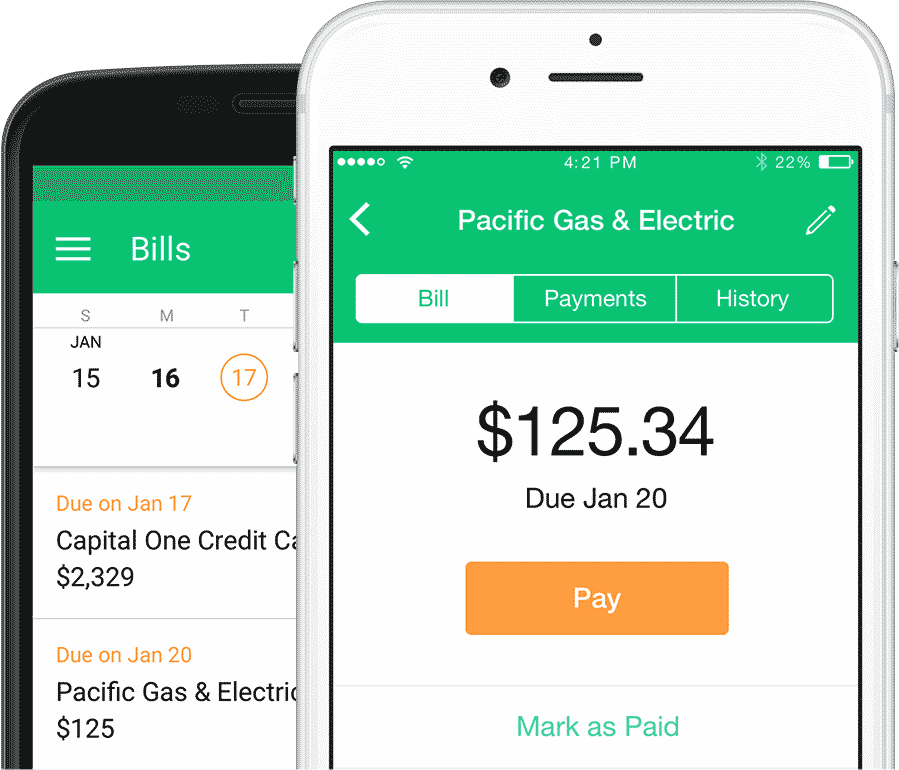Having life insurance is a major accomplishment and goal to have at some point in your life. It means that you’re thinking about the future and have the means to provide for your family should something unfortunate happen. This could also help you pay off your debts if you find yourself in a tight spot. Financial spirals can happen. Luckily, you can borrow some of the money you’ve put towards your life insurance into your debt.
How to Borrow Against Your Insurance
Borrowing against your insurance sounds like some sort of dark magic practice that bends both the laws of man and physics but it’s actually perfectly legal and safe to do.
Then why doesn’t everyone do it? It’s a question you’re probably asking yourself right now and it’s a fair one to ask. The short answer is that you really need to pay it back.
Although you are technically borrowing money from yourself, if something happens to you, that amount plus a high-interest rate will be deducted from the amount the recipient receives. While that may not sound like a big deal now, it can actually translate to a lot of money lost and depending on your recipient’s situation; the difference could be substantial and devastating.
The benefits of borrowing against your insurance are usually the interest rates will be far below commercial rates and you can take your sweet time paying yourself back, unlike other loans. It is well-advised that you pay it back for the reasons mentioned above. If the worst does happen, you don’t want to leave your loved one to struggle financially.
You should also be aware that the interest amount of borrowing against your insurance, which ranges 5-9%, can also be compounded. In other words, you might end up paying interest in your own interest.
Definitely, take the time to consider the pros and cons of this method before you actually set out to take money from your life insurance policy.



0 Comments